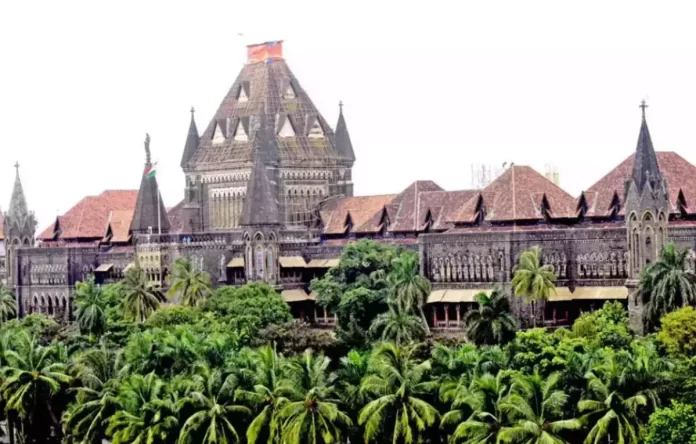In the Bombay High Court, the Maharashtra government has defended the Pandharpur Temples Act of 1973 (PTA), arguing that the law was required to protect the interests of devotees because these temples occupy a special position in the state. State of Maharashtra v. Subramaniam Swamy and Others
According to the Maharashtra government, Pandharpur temples are open to people of all religions and are not impacted by the PTA because they are public temples.
Subramaniam Swamy, a former member of the Rajya Sabha and a prominent member of the Bharatiya Janata Party (BJP), filed a public interest litigation (PIL) case, and the State responded with an affidavit opposing it.
Due to the Maharashtra government’s arbitrary takeover of the Pandharpur temple’s administration, Swamy filed a lawsuit against the PTA with the court.
The State argued in its affidavit that PTA was crucial since the Pandharpur temples, which are regarded as being of national significance, have a special position because they are accessible to people of all religious beliefs.
“Pandharpur Temples are recognised as public temples that are accessible to people of all religions and philosophical perspectives and have been determined not to be institutions of a particular religious denomination. The affidavit emphasised that there were unique circumstances surrounding the Pandharpur Temples, which held a special place in the State. These circumstances made it necessary for the State to take action in order to protect the interests of the temples, their properties and endowment, as well as the large number of devotees and pilgrims, in order to protect them from the rapacity of the priestly classes.
In its affidavit, which was submitted by the law and judiciary department’s Deputy Secretary, the State went into further detail about why it had created the legislation.
The State claimed to have received several complaints about the priestly classes, which forced it to pass PTA and eliminate the hereditary rights and privileges of ministrants and priestly classes employed in temples.
Reiterating that the Act was passed in the public interest and to protect secular and economic activities, the administration said it was enacted. According to the State, it did not infringe upon citizens’ rights to exercise their religion.
In addition to addressing social welfare and reforms related to religion practise, the Act was introduced in the public interest with the goal of bringing about changes in activities that are considered to be secular, including those that are political, financial, or otherwise secular. The Act preserved the performance of religious ceremonies and the observance of religious practises in conformity with the established traditional usage and custom, the affidavit stated, and it did not impact any protected religious rights guaranteed to any pilgrim or devotee.
The State administration has further argued that the constitutionality of PTA had already been contested before the Supreme Court in 2007; however, because the case contained disputed factual issues, the Supreme Court referred the case back to trial courts.
The priestly class’ civil lawsuit asserting ownership of the temple was dismissed by the trial court in Solapur. The State also stated that the High Court and Supreme Court supported this order.








